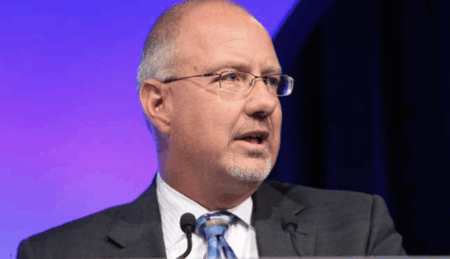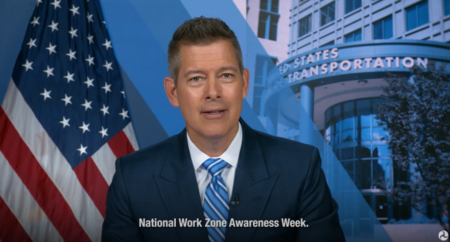Despite the country’s ongoing negotiations to leave the European Union (Brexit), the UK will continue to play a key role in shaping future European transport policy following the Solus award of the latest European Commission (EC) Automotive Safety Framework to the UK’s Transport Research Laboratory (TRL).
The agreement, which is worth in the region of 3m (US$3.2m) over a four-year period, will see experts from TRL help EC policymakers prevent future road collisions and casualties through improved automotive safety. Areas of focus include connected and autonomous vehicles (CAVs), crash avoidance, and active and passive safety, in addition to the harmonization of global vehicle standards. The latest framework follows eight successful years in which TRL was part of a cascade arrangement, working alongside organizations from across Europe to determine, evaluate and make recommendations on feasible and cost effective changes to vehicle safety regulations. This included revisions to the General Safety Regulation and Pedestrian Safety Regulation, where more than 50 safety measures have been assessed to look at their suitability for future regulations.
Undertaking comprehensive feasibility and cost-benefit analysis, TRL was also instrumental in bringing together stakeholders from across EU member states, vehicle manufacturers, Tier 1 and 2 suppliers and safety groups, to share best practice, develop a collaborative approach to safety and provide input and evidence to support regulatory changes. Alongside helping to draft the EU regulations, such as Type Approval requirements for eCall systems that will come into force in 2018, TRL is also building on its expertise and experience in policymaking to bridge the gap between manufacturers and regulators.
Working alongside OEM R&D departments, the TRL team is supporting the roll-out of Direct Vision programs for HGVs (trucks) and advanced driver assistance systems (ADAS) within both passenger and delivery vehicles. Under the Framework, TRL will be working with key and strategic sub-contractors in mainland Europe, further extending the skills and capabilities required to successfully deliver innovative solutions for the projects assigned during the term of the contract.
“Over the past eight years, we’ve been privileged to work alongside the EU Commission on many projects which have directly improved safety conditions for drivers, passengers and vulnerable road users in Europe,” noted Richard Cuerden, chief scientist and research director at TRL.
“However, the transport landscape is evolving faster than ever before and there are now even more complex challenges with which policymakers, manufacturers and public authorities must grapple. Technological advancement needs to go together with the development of discussions around zero harm, and we are committed to supporting the wider automotive industry to understand how European vehicle design can improve safety. This is especially important in light of the evolving relationship between the UK, Europe, Japan and the USA.”
Peter Broertjes, legislative officer at the EC, added, “The team at TRL has added significant value to our work on automotive safety over the past eight years, and we look forward to continuing to benefit from their expertise and insight as part of the new framework agreement.”




